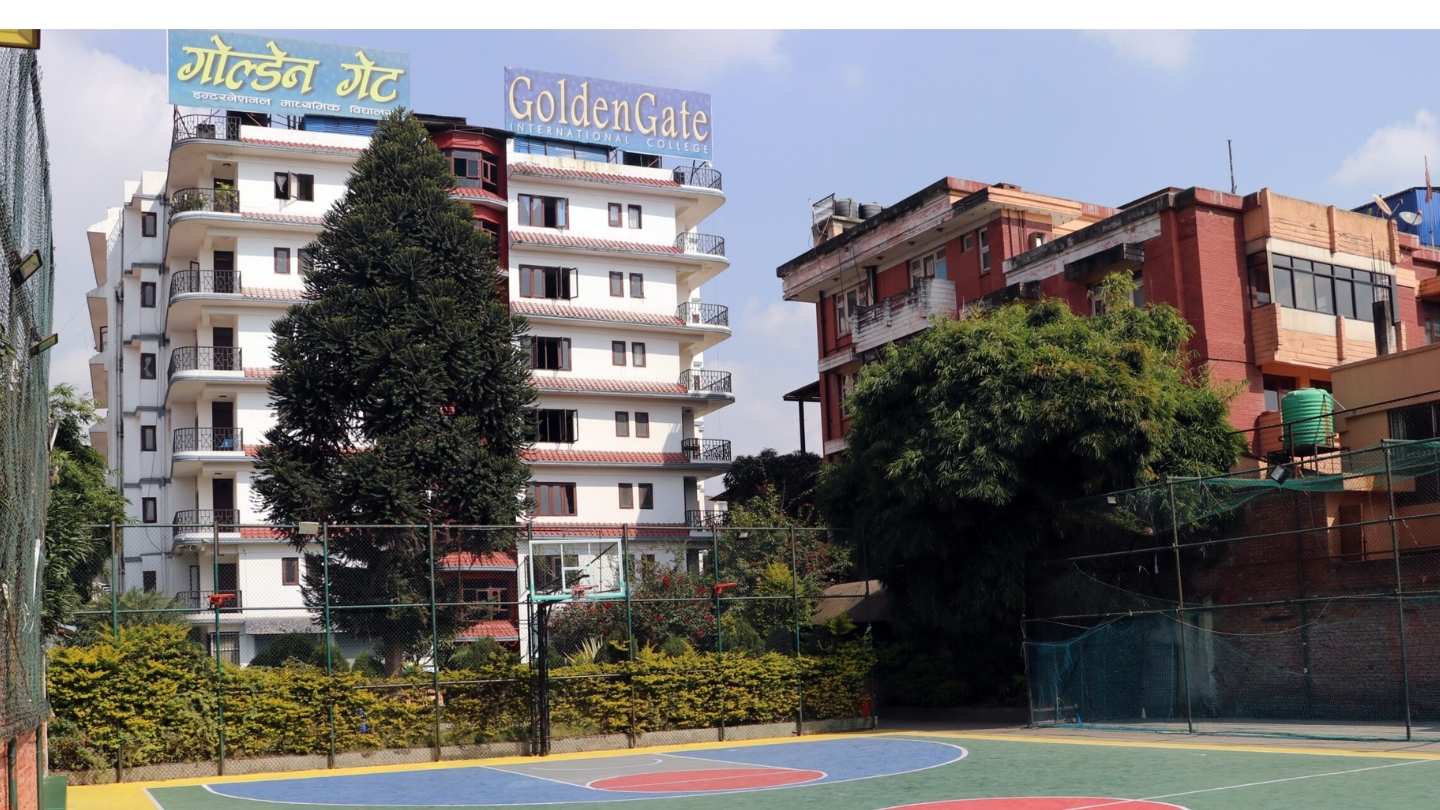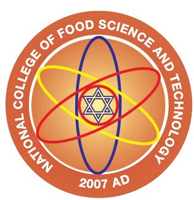Overview
B.Tech Food Technology at GoldenGate International College, Battisputali, Kathmandu
B.Tech Food Technology at GoldenGate International College, Battisputali–Old Baneshwor, Kathmandu, follows Tribhuvan University coursework and examination rules. The program builds a clear link between food science, processing methods, safety systems, and plant documentation.
Students learn theory in class, practice in laboratories, and prepare short projects that mirror real production settings. Your study stays grounded in Nepal’s regulatory context and common industry workflows.

Highlights
Affiliation: Tribhuvan University
Duration: 4 years (8 semesters)
Academic Area: Food science, processing technology, quality control, food safety, plant management
Location: Battisputali, Kathmandu (day-scholar friendly)
Evaluation: Internal assessments plus TU theory and practical exams
Learning Support: Laboratories for chemistry, microbiology, and unit operations; library and e-learning access; tutorial help when scheduled
Curriculum Details
The curriculum progresses from foundations to plant-level practice.
Year 1–2 (Foundations and Core Science)
Students build essential chemistry, biochemistry, and microbiology knowledge alongside mathematics and statistics. Practical classes cover proximate analysis, titration methods, moisture assessment, and safe handling of samples. Short assignments train you to write clear methods and result tables.
Year 2–3 (Processing and Unit Operations)
Learning shifts toward heat transfer basics, drying, evaporation, concentration, mixing, and separation. Demonstrations introduce cereal and bakery technology, dairy processing, beverage handling, and oil and fat processing. Laboratory sessions add instrument familiarization, sensory panels, and routine quality checks for raw materials and finished products.
Year 3–4 (Quality, Safety, and Plant Practice)
Students study food additives, packaging, shelf-life indicators, food hygiene, sanitation, and documentation. Quality control modules explain specifications, sampling plans, acceptance criteria, and corrective actions. A small project or in-plant exposure strengthens the habit of keeping batch records, SOPs, and basic HACCP worksheets.
Objectives
-
Knowledge: Build a working understanding of food chemistry, microbiology, and processing steps used in Nepal.
-
Safety: Practice sanitation, sample handling, and recordkeeping that meet common audit expectations.
-
Documentation: Prepare concise process notes, checklists, and logs that support routine production and quality tasks.
-
Progression: Support further study in food science and entry into plant or laboratory roles.
Scope
Graduates contribute to cereal, dairy, beverage, confectionery, bakery, and ready-to-eat segments. Companies expect entry-level staff who can follow SOPs, communicate results, and respond to standard tests. Job titles often include production trainee, QC/QA assistant, plant hygiene assistant, and lab technician. Students who prefer higher study can explore master’s programs where eligibility and entrance rules match their background.
Learning Outcomes
-
Food Science Application: Explain how composition, water activity, and temperature control affect product stability.
-
Processing Awareness: Outline unit operations and choose suitable steps for a sample line (e.g., pasteurization vs. UHT).
-
Quality Practice: Conduct basic tests, document findings, and draft short non-conformance notes with corrective steps.
-
Hygiene and Safety: Follow sanitation schedules, personal hygiene rules, and sample-handling guidelines.
-
Communication: Present a brief technical report with clear tables, figures, and references.
Skill Development Modules
-
Analytical Skills: Proximate analysis, acidity and alkalinity tests, sugar estimation, and titration practice.
-
Microbiology Skills: Media preparation, plating, colony counts, and water quality checks.
-
Processing Skills: Pilot-scale demonstrations of drying, evaporation, thermal processing, and packaging trials.
-
Documentation Skills: SOP writing, batch records, checklists, and simple HACCP forms.
-
Soft Skills: Teamwork during labs, time management during practicals, and short presentations.
Teaching Methodology
Teaching combines lecture–discussion, guided practicals, and instructor feedback on lab reports. Faculty arrange guest talks and site visits when feasible in the academic calendar. Internal assessment includes class tests, lab notebooks, and presentations. Final theory and practical boards follow Tribhuvan University rules.
Admission Requirements
Eligibility: 10+2 Science or equivalent background that meets the program threshold
Entrance: TU/department or college entrance process as announced for the intake
Selection: Merit-based list, document verification, and seat confirmation within deadlines
Documents: Mark sheets, character certificate, recent photos, and identification
Advisory: Students from other boards complete equivalence procedures before admission
Career Opportunities
Typical Roles: QC/QA assistant, production trainee, in-plant hygiene support, lab technician, documentation assistant
Work Settings: Food processing plants, beverage lines, dairy units, bakeries, confectionery producers, water and product testing centers
Growth Path: Shift lead or section in-charge after experience and internal training; postgraduate study where admission rules permit
Scholarships and Financial Aid
Categories: Merit by results, entrance performance, inclusion categories, community-school background, and recognized ECA/sports
Renewal: Performance-based continuation in the next academic year, subject to program rules
Tip: Keep copies of mark sheets, ID, and certificates ready; track deadlines on official notices
Why Choose This Course?
Curriculum Assurance: Tribhuvan University coursework and assessment give clear academic structure.
Practical Exposure: Regular labs and plant-style records help you connect theory with day-to-day processes.
Location: Kathmandu access supports day scholars and facilitates industry interaction within policy and schedules.
Progression: A four-year base supports entry roles and further study choices.
Conclusion
B.Tech Food Technology at GoldenGate International College offers a clear path from classroom theory to plant routines. Students learn science, practice standard tests, and write records that matter in production and quality settings. Early planning for entrance, timely submission of forms, and careful lab work set you up for steady progress.
FAQ
Is the degree recognized in Nepal?
Yes. The program follows Tribhuvan University coursework and examination rules.
How long is the course?
Four years across eight semesters.
Do I need an entrance test?
Yes. Applicants follow the announced entrance process for the intake.
What practical work should I expect?
Food chemistry labs, microbiology tests, unit operations demonstrations, and project reporting.
Can I study further?
Graduates explore master’s programs in food science or related areas where eligibility fits entry rules.



















